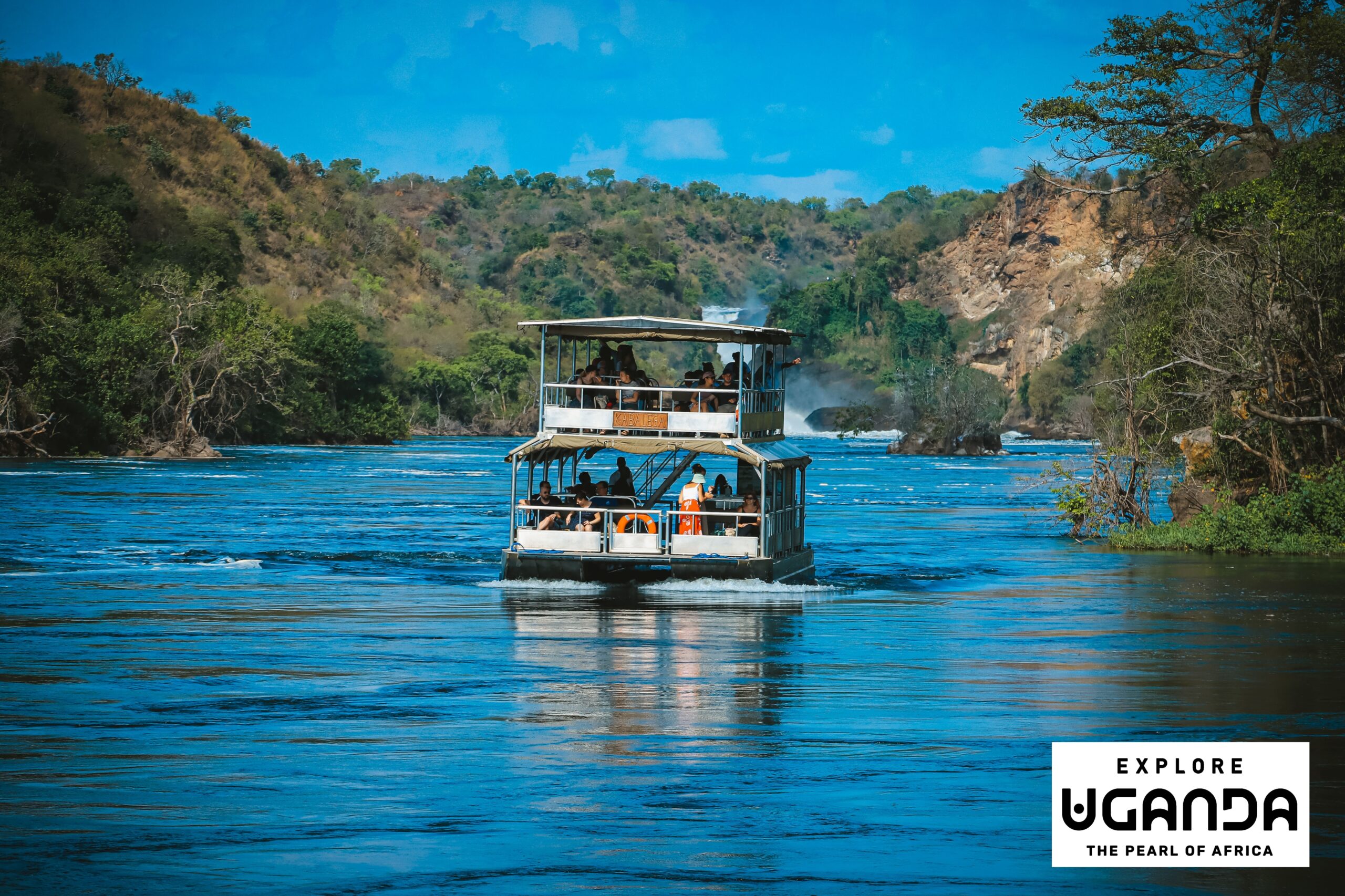The global travel industry is powering into one of its strongest growth phases in years, with new research showing the sector will outpace the world economy over the next decade. For the travel trade, it represents both opportunity and a clear call to adapt as traveller expectations continue to shift.
The Global Travel Report, released at World Travel Market London 2025 and produced by Tourism Economics, part of Oxford Economics, forecasts that travel and tourism will grow by 3.5 per cent a year for the next ten years, compared with 2.5 per cent for the global economy. By 2035 the industry is expected to generate more than US$16 trillion in output, or almost 12 per cent of global GDP.
International arrivals in 2025 are set to top 1.5 billion, surpassing pre pandemic levels. Travellers are taking longer trips and looking for more meaningful experiences, with the Middle East reporting average stays up “by two thirds since 2019”. Cooler destinations such as Sweden, Norway and Finland are also seeing stronger demand as travellers move away from traditional summer peaks.
The report points to the rise of “gigtripping”, where live events such as concerts and festivals drive travel choices.
Destinations are vying to host major touring artists, while travellers are showing growing interest in “hand crafted, story driven tourism experiences from food and drink encounters to art, heritage and community based activities”.
For Australia, this trend aligns with the growing popularity of Indigenous led tours, regional food trails and locally guided experiences.
Technology is also reshaping how people travel, with “instant messaging platforms, immersive apps and AI driven personalisation tools” allowing businesses to deliver more customised service. The report notes that “three times as many travel professionals believe AI will increase overall travel spending rather than reduce it”.
The industry is scaling up fast, with more than 15,000 new aircraft on order, 38 million cruise passengers expected in 2025, and hundreds of thousands of new hotel rooms opening around the world.
But challenges remain. Economic headwinds, staff shortages and the cost of sustainability continue to test the sector, while travellers remain cautious about paying more for greener options.
What is clear is that global demand is climbing and travellers are seeking authenticity, innovation and connection. The next chapter of tourism will reward those who evolve, invest in technology and share stories that resonate deeply with their guests.









